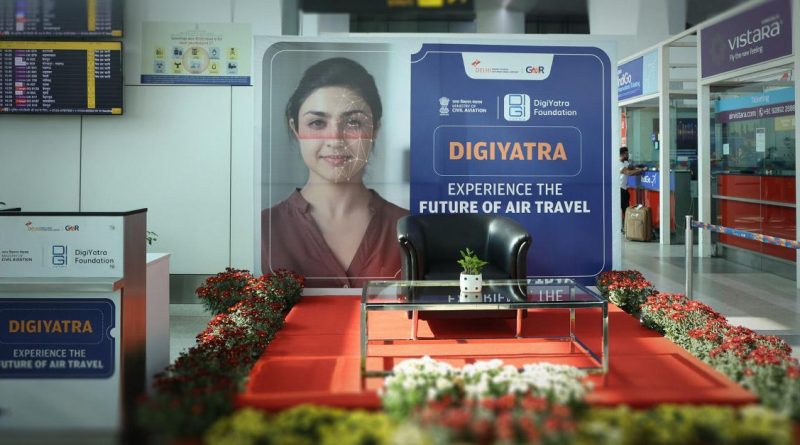Japan’s Tech armouring Indian Services built around Aadhar; DigiYatra being one of them
The use of technology in Aadhaar and DigiYatra, supplied by the same company that provides technology to India’s policing agencies, illustrates the intertwining of surveillance. India’s rapid digitization presents benefits and risks, with DigiYatra as an example. This facial recognition-based authentication system for air passengers aligns with India’s post-26/11 surveillance policies. Biometrics, including fingerprint and facial recognition, have gained widespread use in the country, much of it influenced by U.S. measures after 9/11.
Japan’s NEC Corporation supplies the technology for Aadhaar, DigiYatra, and various police departments, demonstrating its global leadership in biometric technologies. NEC’s involvement ranges from supporting the de-duplication process in Aadhaar to building the DigiYatra ecosystem by providing facial recognition solutions to airports. While biometric technologies offer convenience, they raise concerns about policing and surveillance. The UIDAI has blocked nearly 19 lakh people’s biometrics in Assam, leaving them uncertain regarding citizenship laws.
NEC’s experience gives it an edge in India, potentially influencing its National Facial Recognition System. India’s collaboration with Japan, particularly in technology and security, aims to avoid reliance on China, providing a geopolitical advantage. Despite NEC’s human rights policy, the potential misuse of such technologies in India raises questions about respect for fundamental rights, especially given the potential for restricting the movement of political leaders and other vulnerable groups.
[ImageSource: FoneArena.com]




